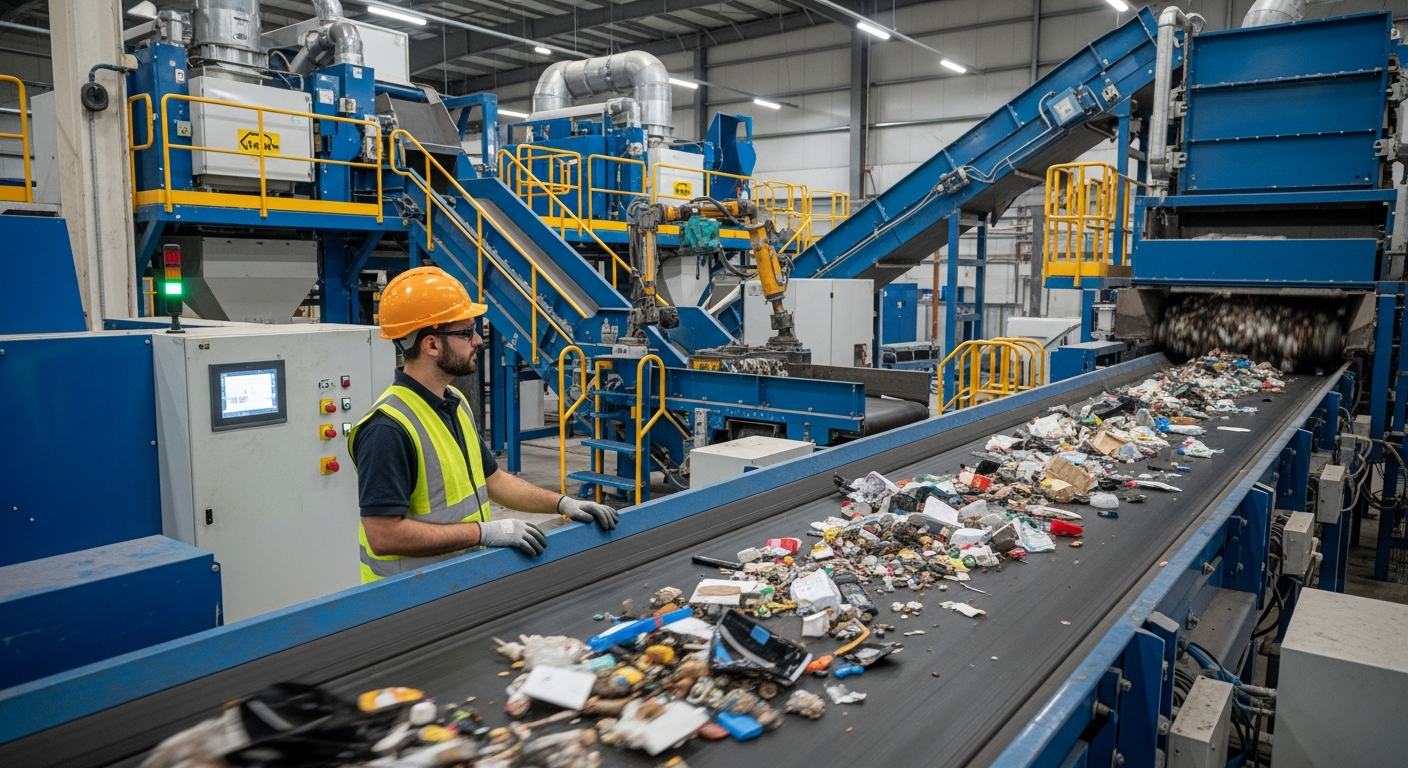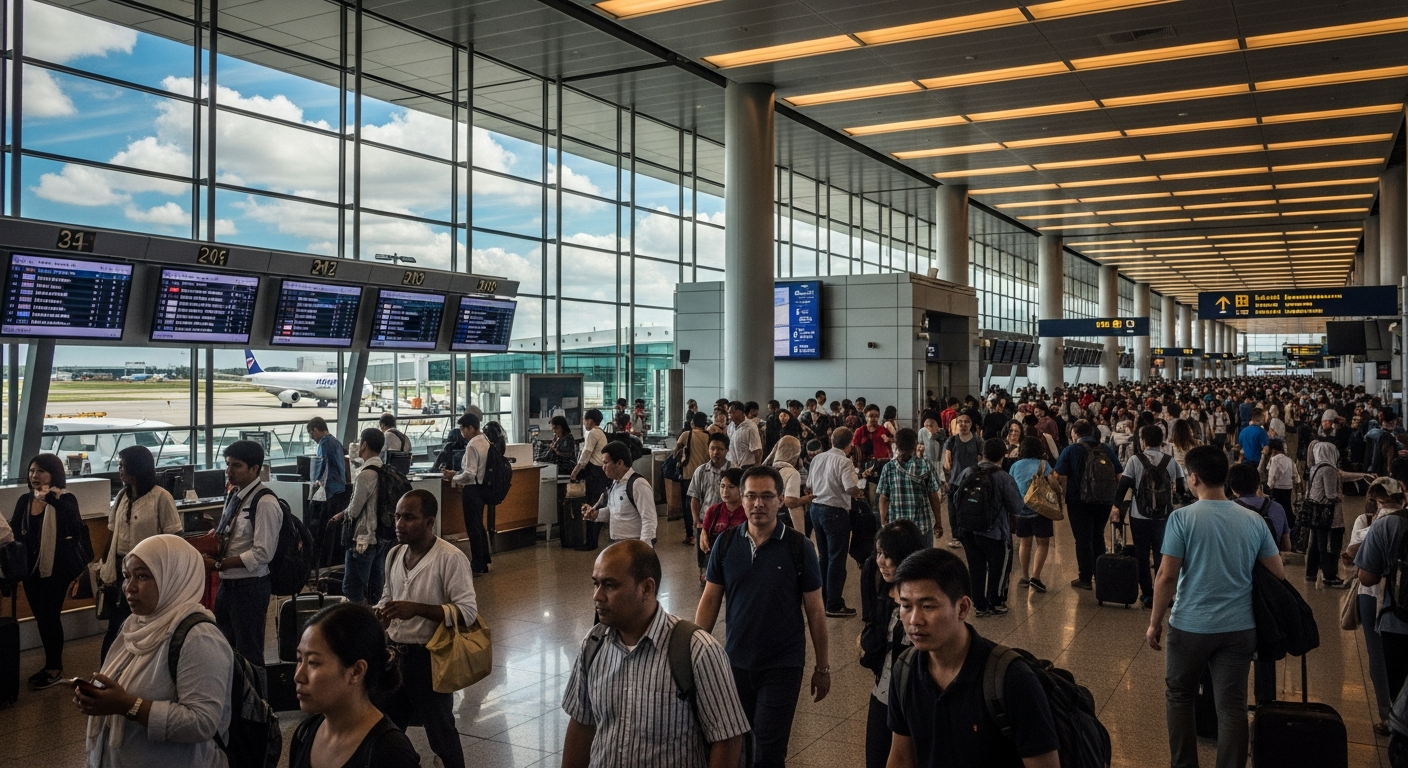Silent Rebellion: The Slow Movement's Quiet Revolution
In a world obsessed with speed and efficiency, a growing number of people are embracing a radically different approach to life. The Slow Movement, a cultural shift towards mindful living, is quietly gaining momentum across the globe. From food to fashion, this philosophy challenges our fast-paced society's core values. Read below to explore how this silent rebellion is reshaping our communities and personal lives.

As industrialization and technological advancements accelerated the pace of life throughout the 20th century, a growing sense of disconnection and burnout emerged. The Slow Movement arose as a counterpoint to this frenetic lifestyle, advocating for a return to more deliberate, meaningful ways of living and working.
Beyond Food: The Expansion of Slow
While Slow Food remains a cornerstone of the movement, the philosophy has permeated various aspects of modern life. Slow Fashion challenges the disposable nature of trendy clothing, promoting sustainable, ethically-produced garments. Slow Travel encourages immersive, locally-focused experiences over whirlwind tours. Even in urban planning, the concept of Slow Cities (Cittaslow) has gained traction, prioritizing quality of life over rapid development.
The digital realm has not escaped the influence of the Slow Movement. Slow Technology advocates for mindful use of devices and platforms, pushing back against the attention economy’s constant demands. This approach encourages users to engage with technology intentionally, rather than reactively.
The Psychology of Slowing Down
Research in positive psychology supports many tenets of the Slow Movement. Studies have shown that mindfulness and presence - key aspects of slow living - contribute significantly to overall well-being and life satisfaction. By encouraging individuals to savor experiences and cultivate deeper connections, the Slow Movement aligns with psychological principles of happiness and fulfillment.
Moreover, the emphasis on quality over quantity in slow living resonates with the concept of eudaimonia in positive psychology. This ancient Greek term, often translated as human flourishing, emphasizes living in accordance with one’s values and pursuing meaningful goals. The Slow Movement’s focus on intentional living and personal growth closely mirrors these eudaimonic principles.
Societal Implications of the Slow Shift
As the Slow Movement gains traction, its impact on society becomes increasingly evident. In the workplace, concepts like Slow Work are challenging traditional notions of productivity. Companies experimenting with shorter work weeks or flexible schedules often report increased employee satisfaction and productivity, suggesting that slower doesn’t necessarily mean less efficient.
The movement also intersects with environmental concerns. By promoting local consumption, mindful resource use, and a rejection of disposable culture, slow living aligns closely with sustainability efforts. This synergy has the potential to drive significant changes in consumer behavior and corporate practices.
Challenges and Criticisms
Despite its growing popularity, the Slow Movement faces several challenges. Critics argue that embracing slow living is a privilege not available to everyone, particularly those struggling with economic hardship. Others contend that in a globally connected world, completely decelerating is unrealistic and potentially harmful to progress.
Additionally, there’s a risk of the movement being co-opted by commercial interests, diluting its core message. As slow living gains mainstream appeal, businesses may attempt to capitalize on the trend without truly embodying its principles.
The Future of Slow
As we navigate an increasingly complex and fast-paced world, the principles of the Slow Movement offer a compelling alternative. While it’s unlikely to completely supplant our speed-driven culture, the philosophy of mindful, intentional living continues to influence various sectors of society.
The COVID-19 pandemic, which forced many to slow down and reassess their priorities, may have accelerated the adoption of slow living principles. As we emerge from this global crisis, the values championed by the Slow Movement could play a crucial role in shaping a more balanced, sustainable future.
In conclusion, the Slow Movement represents more than just a rejection of speed - it’s a fundamental reevaluation of how we live, work, and interact with our environment. As this silent rebellion continues to grow, it has the potential to reshape our communities, economies, and personal lives in profound and lasting ways.






